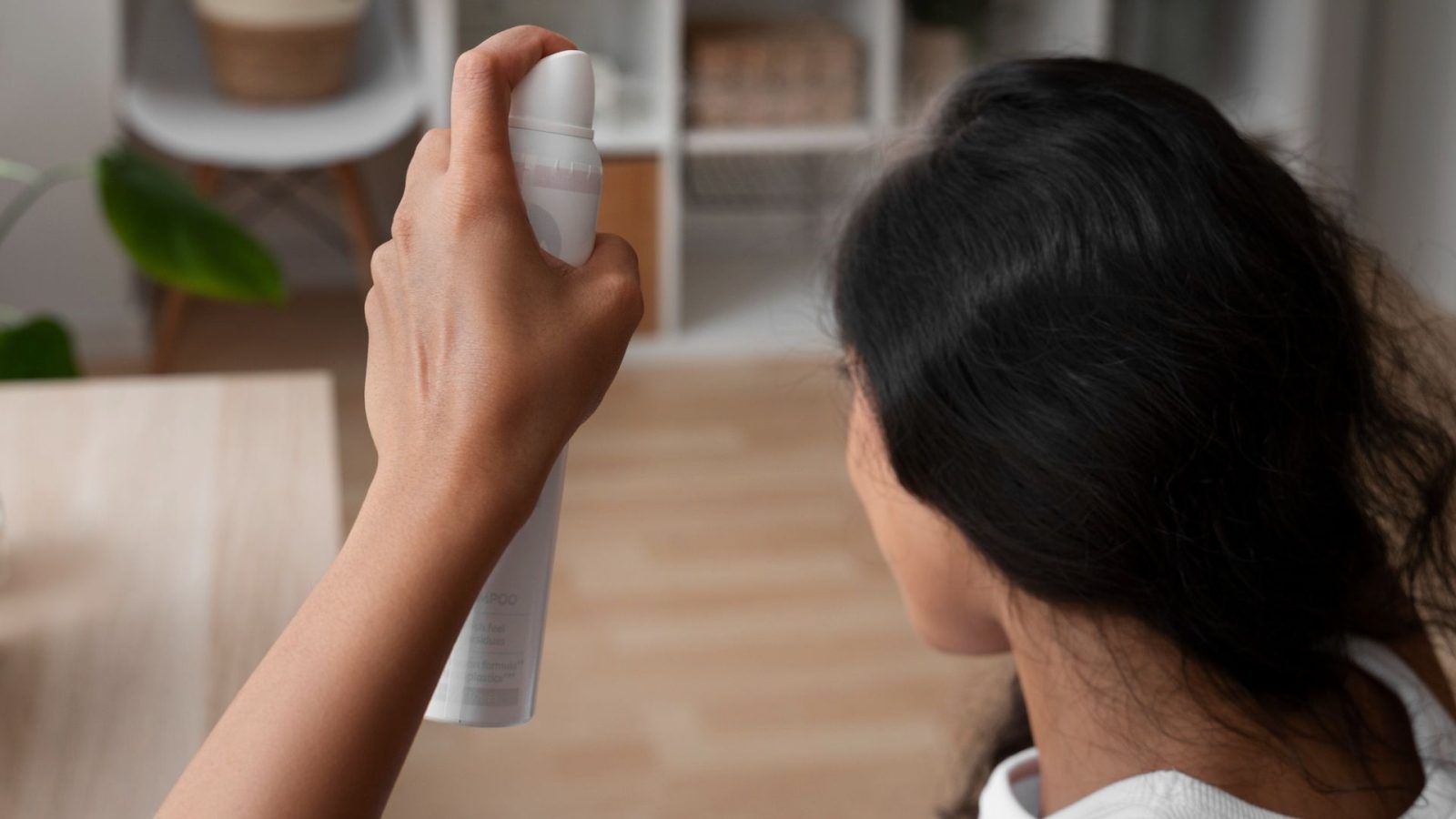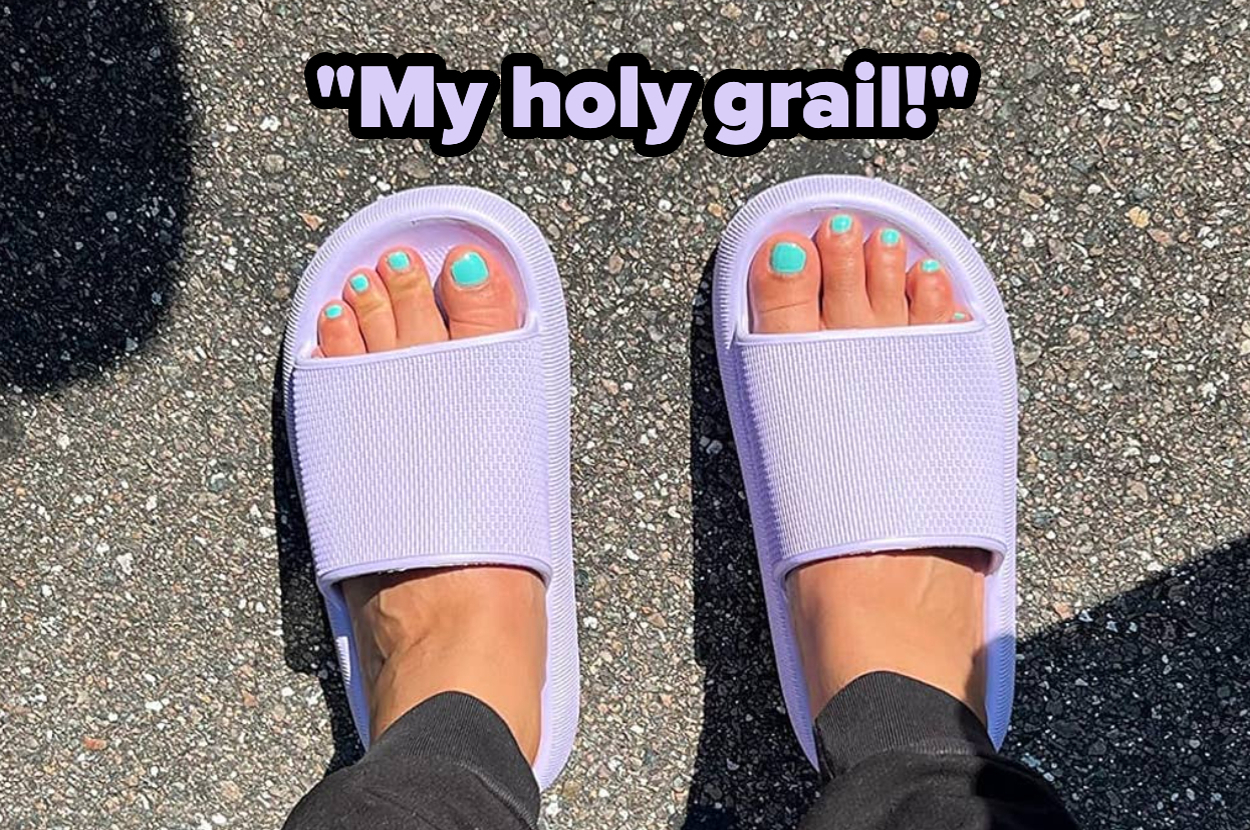Winter brings a unique set of challenges for our hair, especially when it comes to using dry shampoo. The cold air can strip away moisture, leaving strands dry and brittle, while indoor heating exacerbates the issue, often resulting in static and frizz. These seasonal shifts can make it difficult to maintain healthy, manageable hair.
Enter dry shampoos, the best and most convenient solution for those busy days when washing isn’t an option. However, not all dry shampoos are created equal, especially during the winter months when specific formulations may be more beneficial. In this article, we’ll explore the best dry shampoos for the colder season, along with their advantages, disadvantages, and essential considerations for effective use.
Considerations before using dry shampoo While dry shampoos are fantastic, there are several factors to consider: Hair type: Different dry shampoos are for different hair types—oily, dry, fine or thick. Choose one for your hair type. Application: Follow the instructions.
Usually, you spray from a distance and let it settle before massaging into your scalp. Frequency of use: Dry shampoo can extend the time between washes but overuse can cause build-up and irritation. Try to limit use to a few times a week.
Scalp conditions: If you have scalp issues like dandruff or eczema choose dry shampoos for sensitive skin or consult a dermatologist. Seasonal: In winter your hair and scalp may need more moisture. Use a hydrating spray or oil with dry .


















